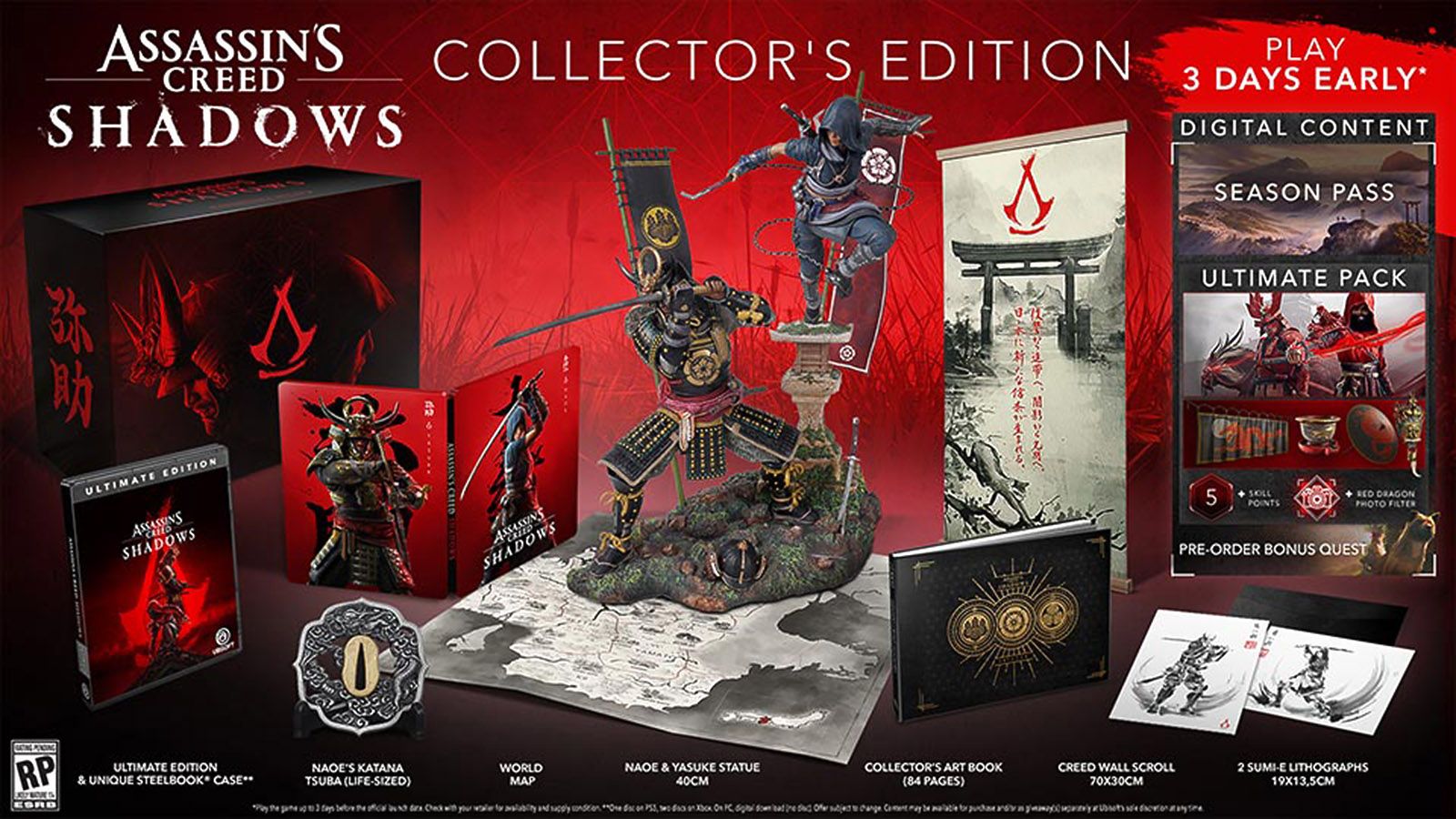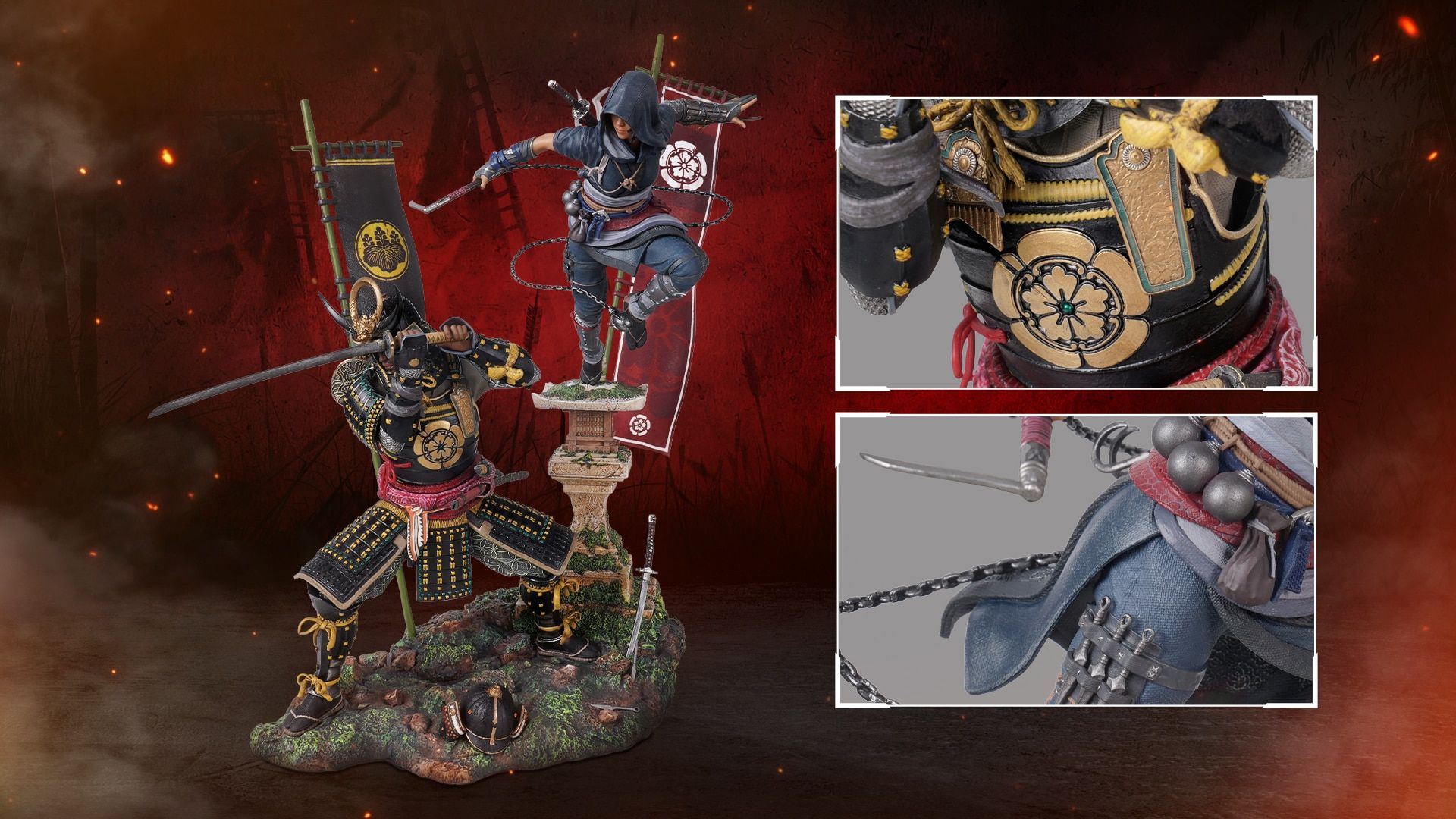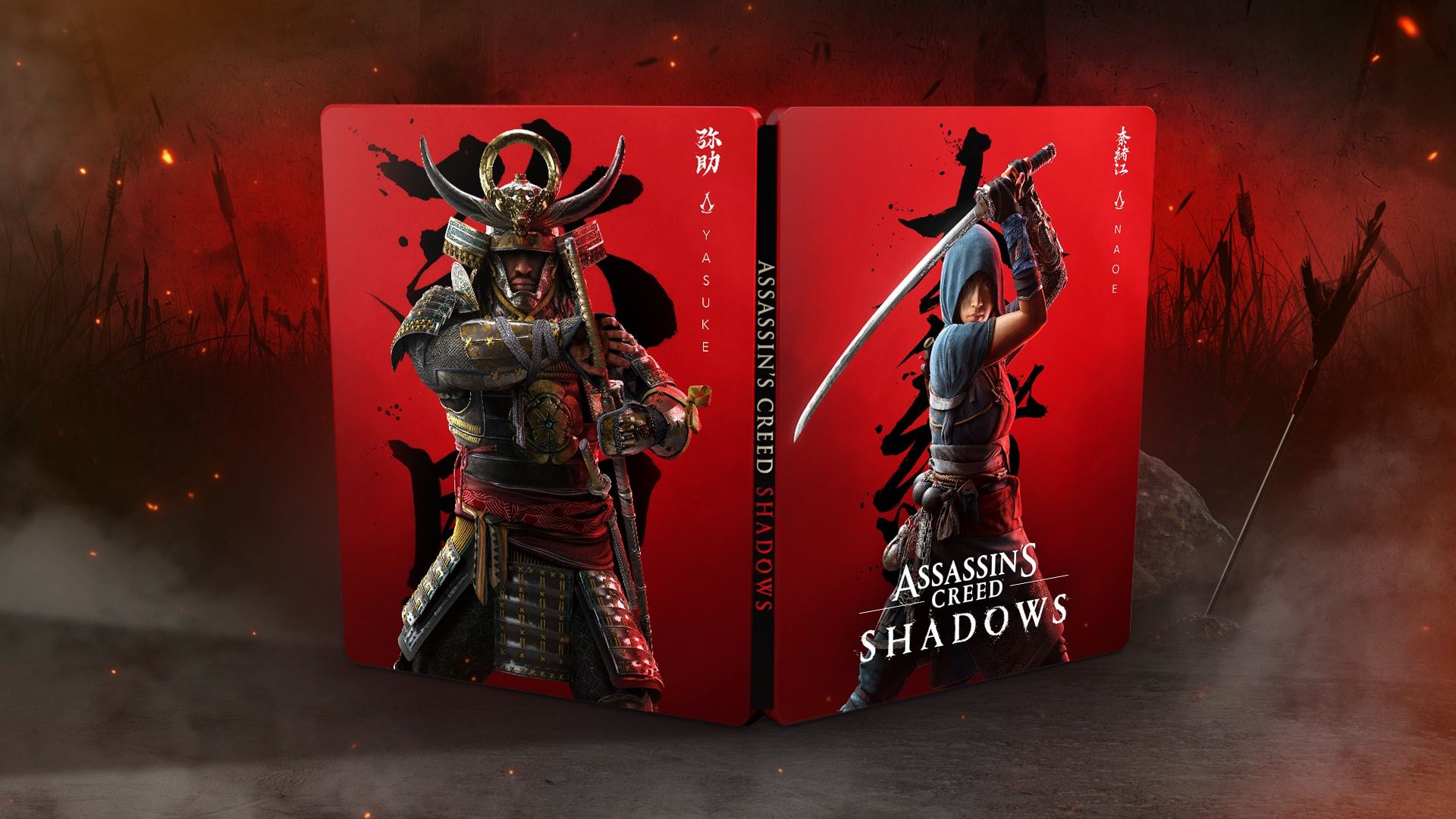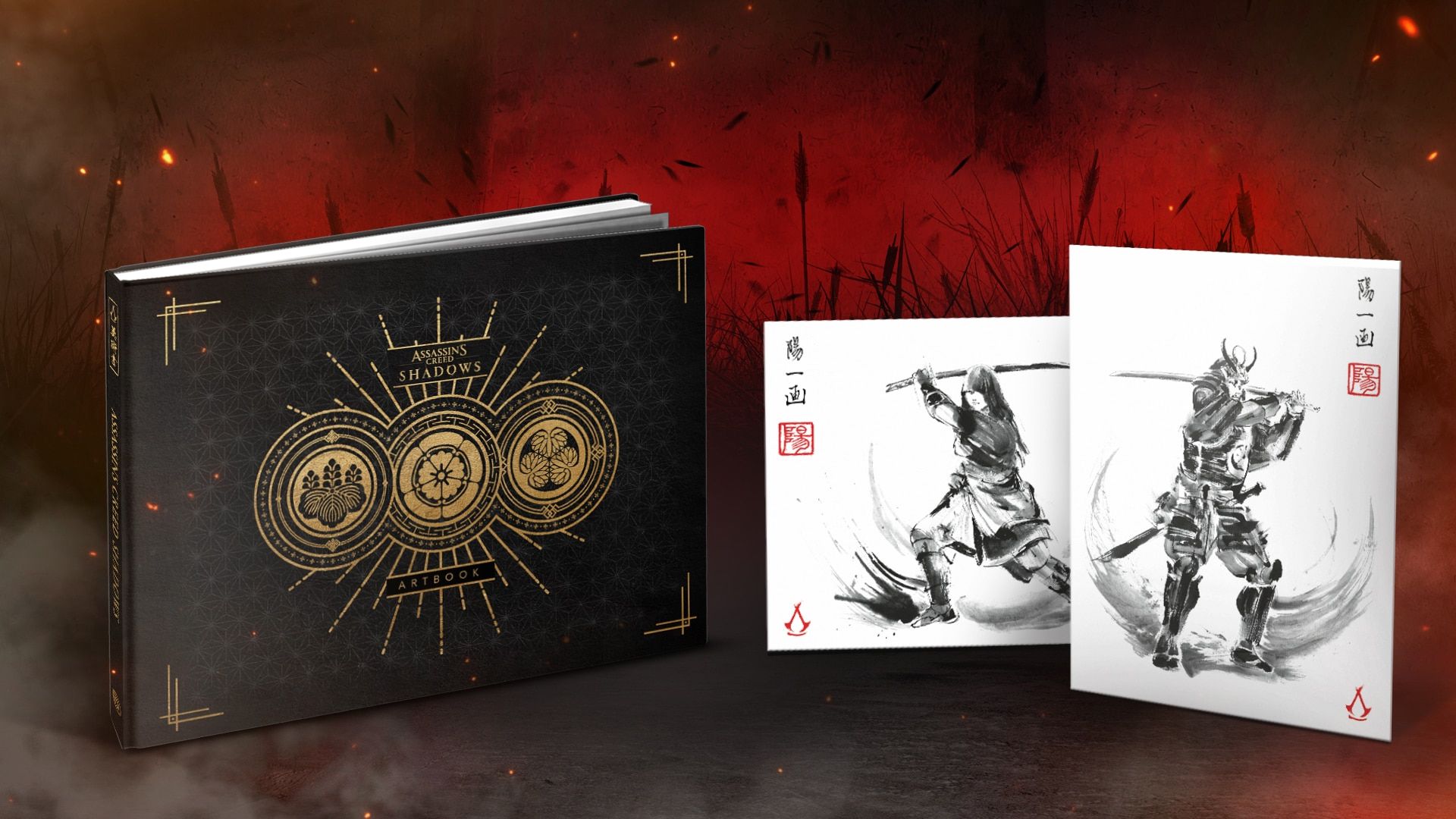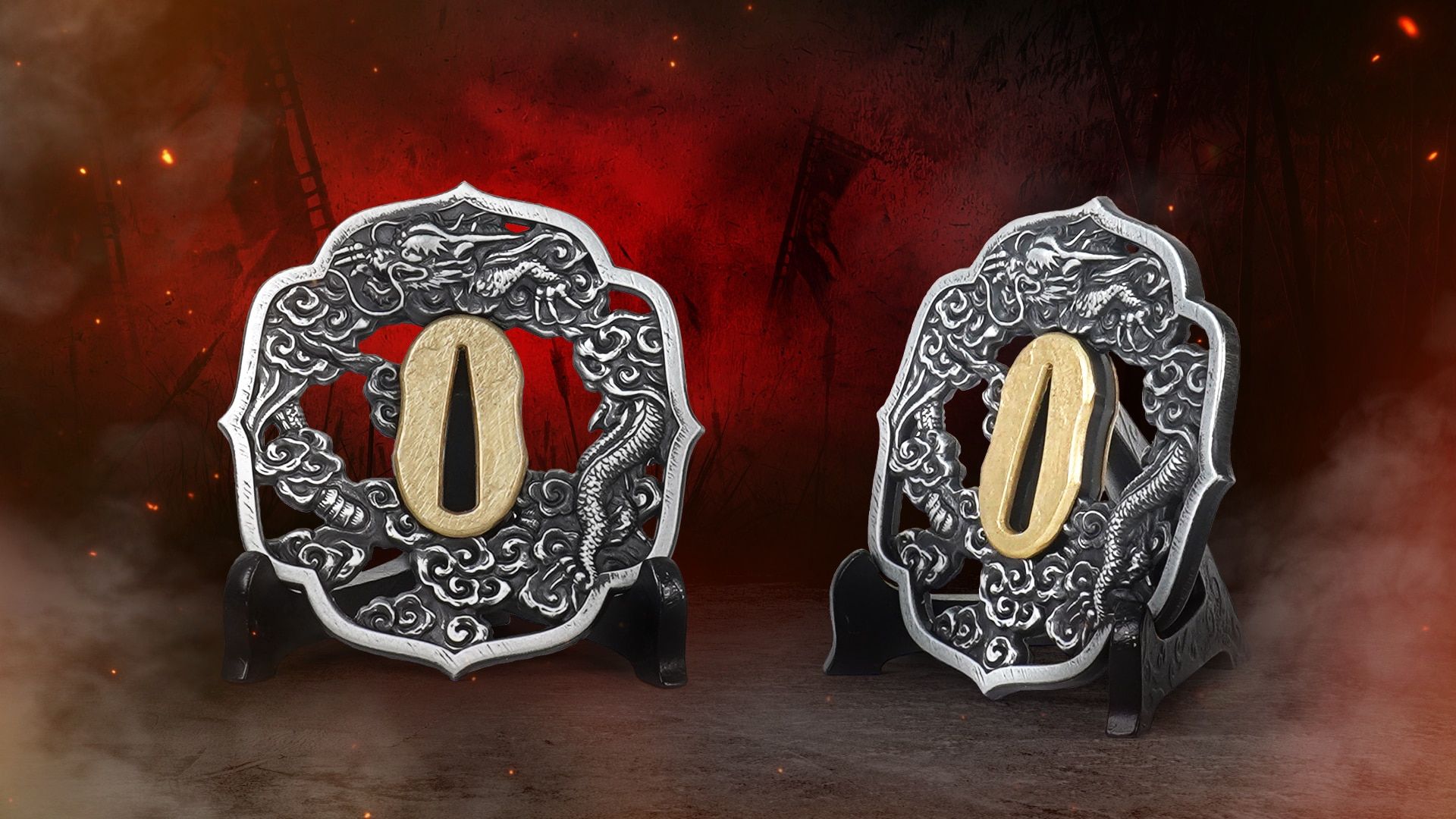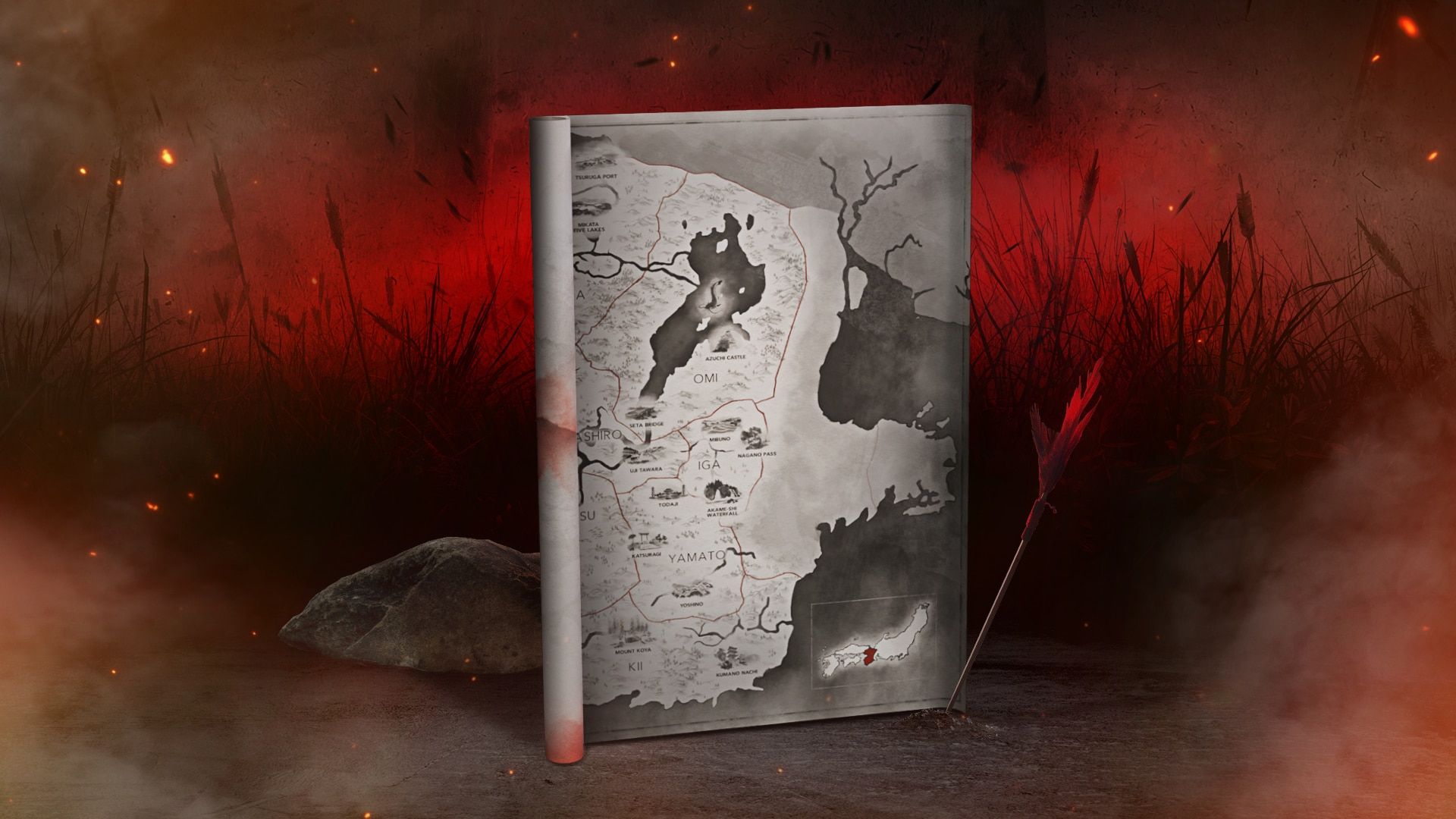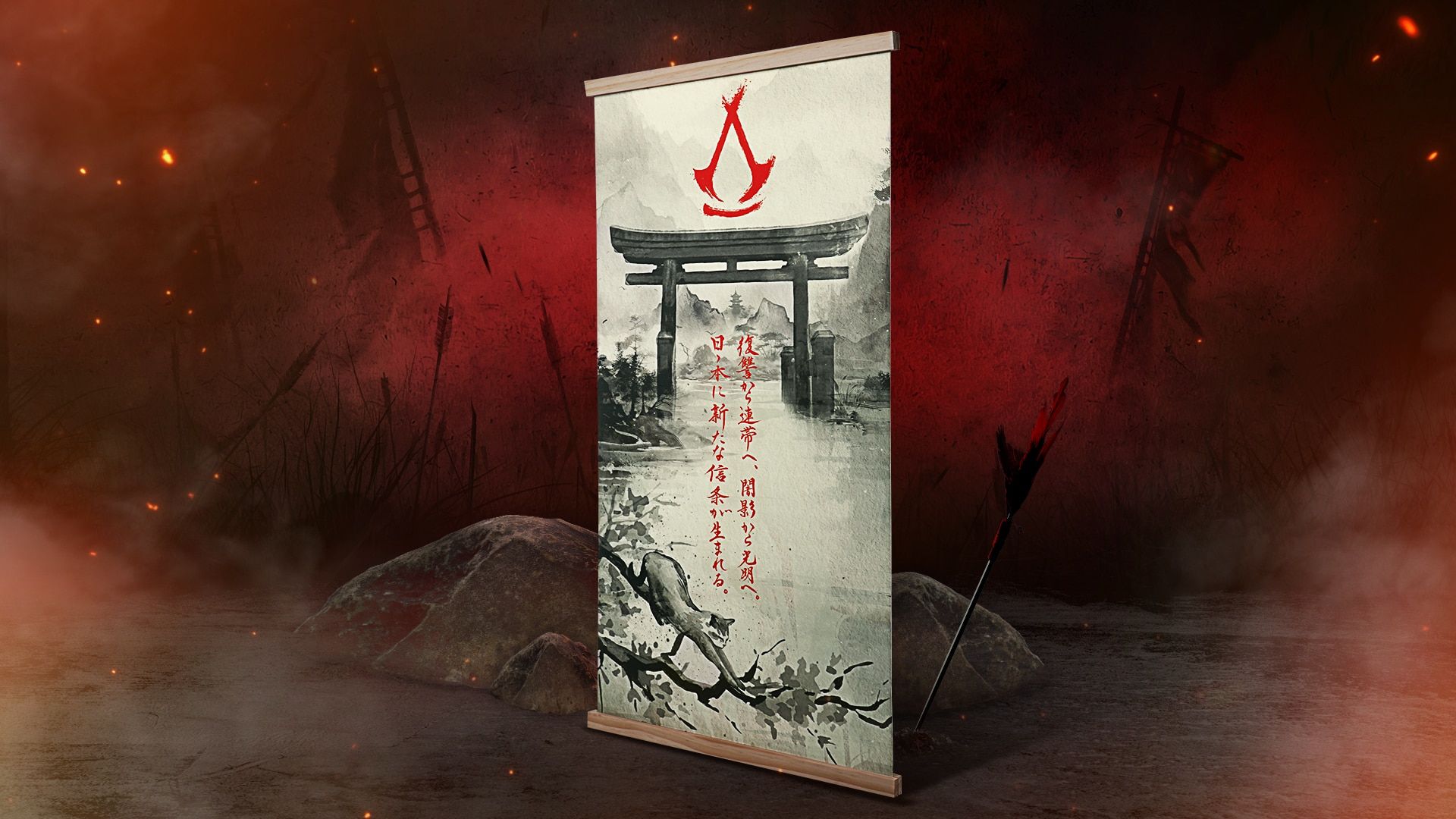For centuries, an African slave who entered the orbit of war-torn Japan's leading daimyo was an interesting historical tidbit. As of last week, he became the catalyst for the latest in the so-called culture wars.
On May 15, developer Ubisoft Quebec announced
Assassin's Creed Shadows, an upcoming chapter in the long-running action-adventure series set to take place during Japan's Sengoku (Warring States) Period (1482-1573). As is common to the Assassin's Creed franchise, players will control a main character (in Shadows, this is Naoe, a female ninja) through stealth missions usually culminating in the violent elimination of a target. In a slight departure, players will also control Yasuke, a character based on a real-life African slave brought to Japan by Italian Jesuit missionaries and who gained the trust of warlord Oda Nobunaga (1534-1582).
For many gamers, Ubisoft's announcement was their first introduction to Yasuke, a well-documented historical figure with a strong claim to the title of Japan's first non-Japanese samurai. For a vocal minority, however, a Black protagonist of a game set in feudal Japan was a call to war.
Critics on X (formerly Twitter) claimed Yasuke was a warrior but never truly made a samurai. On Reddit, some insisted that if Nobunaga endowed a Black man with the status of a samurai it could only have been as a joke, and on YouTube, creators lambasted Ubisoft and claimed gamers would reject "
woke Yasuke" en masse.
Yasuke's Wikipedia page is now locked and cannot be edited by non- or newly registered users.
To Thomas Lockley, a Nihon University professor and author of "
African Samurai: The True Story of Yasuke, a Legendary Black Warrior in Feudal Japan," this deluge of Yasuke hot takes is disappointing.
"What it seems to me is that people who know nothing about Japanese history, know nothing about Japan in most cases and certainly know nothing about the Japanese language and the terminology they're talking about — suddenly, they know everything," Lockley tells The Japan Times.

A 1605 folding "byōbu" screen depicts a dark-skinned man engaged in a sumo competiton with Japanese combatants. | PUBLIC DOMAIN/ VIA WIKIMEDIA COMMONS
The study of history across cultures as varied as Japan and the West can be problematic when people look for one-to-one comparisons. The act in which a medieval European warrior kneels, is anointed with a sword and rises a knight (itself an invention of later observers) had no equivalent in the Sengoku Period, Lockley explains. In a country embroiled in a civil war with dozens of belligerent fiefdoms, "there was no clear division between 'samurai' and others" until 1588, when Toyotomi Hideyoshi, Nobunaga's successor, began prohibiting the possession of weapons by all but the hereditary nobility.
Being samurai, then, was defined by other means. Whether Yasuke was ever ceremoniously endowed with the rights, privileges and responsibilities of a samurai, he was addressed as "
tono" (literally, "lord" or "master"), received a stipend from Nobunaga and carried Nobunaga's arms, itself a rank of immense honor for the era.
"There's no piece of paper that says Yasuke was a samurai," Lockley says, noting that some critics are simply misunderstanding how to interpret the historical record. "But then there's no piece of paper that says anybody else was a samurai."
Most telling to Lockley, however, is that no reputable Japanese historian has raised doubts about Yasuke's samurai bonafides, including Sakujin Kirino, who served as a fact-checker for "African Samurai" and is one of the country's foremost experts on the 1582 Honnoji Incident, for which Yasuke was believed to be present.
That's not to say that the study of history can't be messy, and responsibly telling the story of Yasuke requires a steady, measured approach in modern times — something Ubisoft is all but assured not to do.
Far from a paragon of modern game development, Ubisoft has increasingly released titles with pay-to-win mechanics alongside a precipitous decline in quality since its heyday in the early 2000s. Some gamers have tried to cut through the noise of the Yasuke "controversy" by pointing out these shortcomings, even going so far as to claim Ubisoft is banking on this to drive engagement for a game that may not be able to capture headlines off its post-release experience.
All's well that ends well for Ubisoft, though, especially if this Yasuke talk convinces gamers to shell out for the
Assassin's Creed Shadows Collector's Edition, a collection of paywalled content, three days of "early access" before the general public and other samurai-themed tchotchkes — all available for the low, low price of $279.99 (about ¥44,000).



